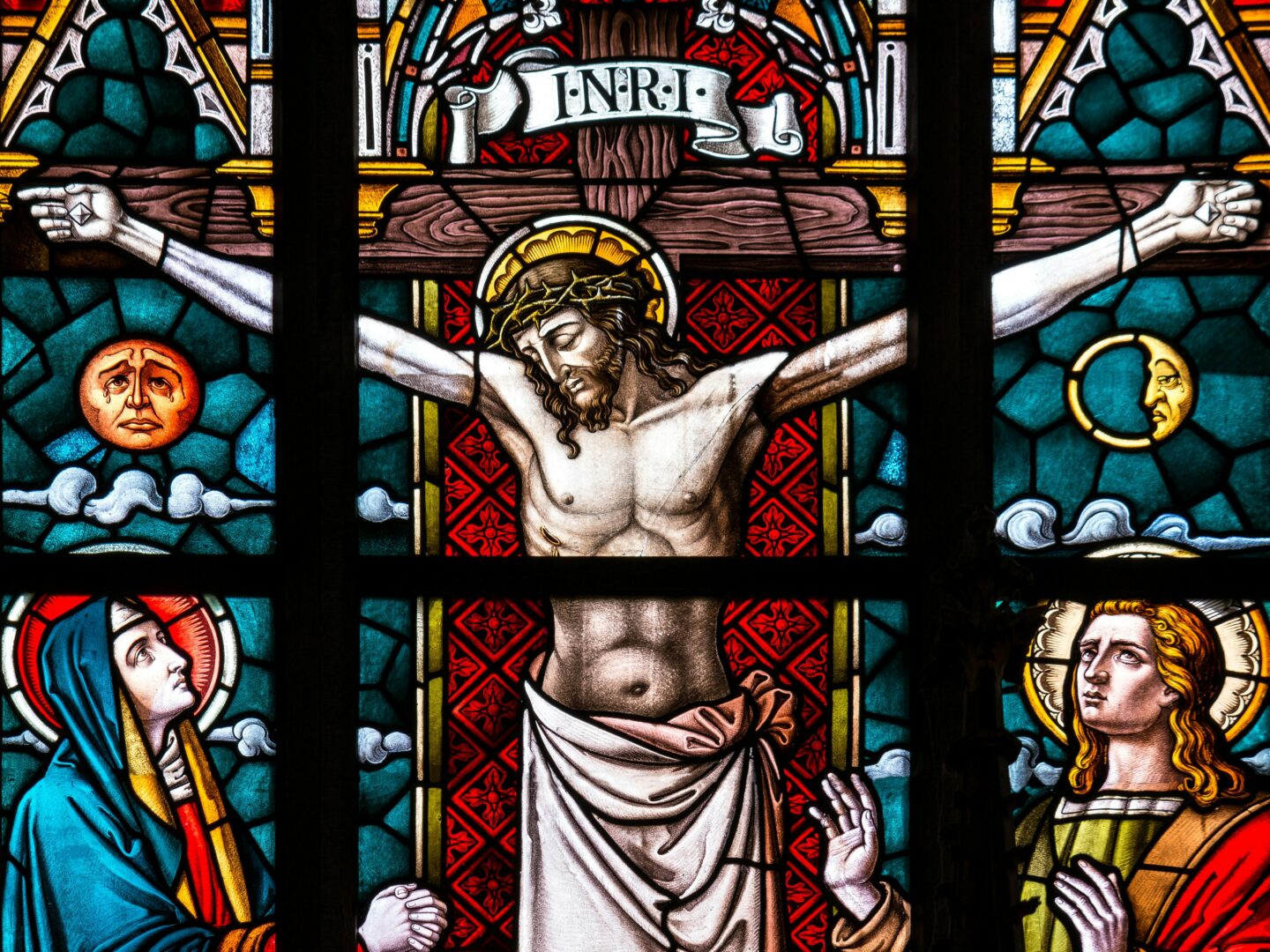The question occurred to me as I spent an hour browsing the Web, and on inspection, it seemed to me not entirely nutty. Technology is changing the way we think about all kinds of theological concepts, such as community, prayer, ritual and worship. Why should it not expand our definition of “soul”?
What a soul comprises has been a matter of debate through the millennia, but for those who believe in souls, certain qualities are more or less agreed upon: The soul is a thing, separate from the body, that lives on after a person dies. It is the God-given essence of ourselves, “the ultimate internal principle by which we think, feel, and will, and by which our bodies are animated,” the Catholic Encyclopedia summarizes. The soul is housed within the body, “but to a large extent independent of it, and leading a life of its own,” the encyclopedia continues.
Science-fiction writers have long dared to imagine that machines have souls, and more than any other technological innovation, the Internet seems to have a life of its own. It’s always “on”; it’s awake when I sleep. It is populated — increasingly, explosively — by other humans, who entrust to it their hopes and fears, their griefs and joys, their baby pictures and eulogies. On the Internet, people “bare their souls.” And the Internet is also, in some sense, immortal: When I’m dead, the technology probably will persist, and its future will forever contain traces of me, as well as bits and pieces of the generations that come after me.
Technically, “the Internet is just a bunch of servers and broadband cables and routers that traffic data around the world,” says Adam Ostrow, senior vice president of content for the news Web site Mashable, who gave a talk titled “After Your Final Status Update” last summer at a conference hosted by the nonprofit TED. “But I think now the Internet is starting to become an entity that society views as a human thing.”
During this Republican primary season, he points out, pundits easily talk about “the pulse” of the Internet. “Viruses,” the cause of so many childhood diseases, are now said to infect our Internet connections, and the very mantra of the open-source movement, “information wants to be free,” implies a kind of volition — a willing, a yearning — heretofore ascribed only to people. The more the Internet is regarded as human, the more it can be said to have a soul.
Already, the Internet has taken on enormous religious importance — and not just because the growing use of online Bibles and prayer circles, as well as meditation and devotional apps, is changing the way people practice the traditional religions. For some people, the Internet has become like a religion itself.
In Sweden last month, the government approved a religion called Kopimism, founded by a 19-year-old philosophy student named Isak Gerson in opposition to proposed restrictions to online piracy. In Kopimism, “information is holy and copying is a sacrament,” Gerson said in a statement. If information can be said to be holy, then surely, in this perspective, the Internet (as a massive information repository) can be said to possess a soul.
Or, another example: Within the growing pagan movement exists a subset called “techno-pagans,” who believe in the sacredness of technology. “As humans are natural, what humans create is also natural,” reads an explainer on the Web site of a group called ADF Technopagans. “Those who resonate with this concept may see a reflection of spirit in buildings, roads, cars, computers, and many other items of modern living.” Again, the leap from “spirit” to “soul” here is an easy one.
The most intriguing approach to the question of the Internet’s soul, however, comes from the provinces of conventional theology. To many, a “soul” is not just a thing that inhabits an individual; it is also part of a radical union with God and all the world’s other souls, going backward and forward in time, beyond the constraints of bodies and geography.
The Jesuit priest Pierre Teilhard de Chardin imagined “above the animal biosphere, a human sphere, a sphere of reflection, of conscious invention, of conscious souls.” He called that realm the noosphere — the sphere of thought — but it might just as well be the Internet, a place where the world’s souls, living and dead, gather to share of their essential selves and join their sacred individuality together.
At the very least, as a universe of songs, images, research projects, existential yearnings and daily disappointments of hundreds of millions of selves, the Internet forces us to imagine in new ways the places where souls, if you believe in such things, might ultimately reside.
